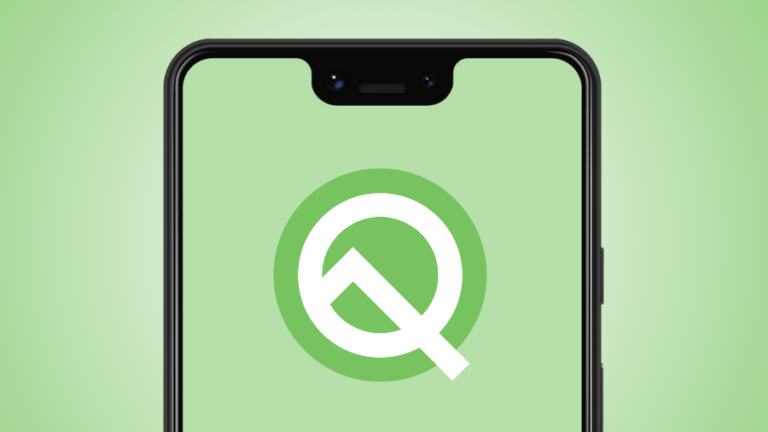Cops Can Track Your Phone “Within Seconds” — Senator Wants To Know Why

We might have a hint, but we never let our brain trick us into the fact that real-time tracking has made way past movies. A breaking story by NY Times has uncovered Securus Technologies — a US-based company that runs a service for monitoring calls to prison inmates.
The technology can do a lot more than it appears. It can help cops find near exact location “within seconds” for missing people or the ones who try to run away from justice.
The real-time tracking is done by sourcing data from cellular companies like AT&T, Sprint, T-Mobile, and Verizon. These companies collect that data for marketing purpose. For instance, displaying discount offers when you’re near a burger joint.
While it may sound helpful and possibly intended for a good cause, concerns are being raised that the technology opens the doors for potential government-backed surveillance for people. And what if this tech falls into the hands of malevolent minds? A former Missouri sheriff was charged for using the service to track a judge and five other police officers.
The US Senator from Oregon Ron Wyden has sent a letter to the FCC asking for an investigation. He wrote that Securus, through a self-service portal, provides people’s real-time location “for nothing more than a legal equivalent of a pinky promise.”
“It’s incredibly troubling that Securus provides location data to the government at all – let alone it does so without a verified court order or other legal process.”
All that needs to be done is visit Securus’s portal, enter any US mobile number and submit a so-called “official document giving permission” to access the data. Wyden said that no effort is made by Securus officials to verify the uploaded documents.
A detailed description of the service is in a publicly available document from the State of Georgia.
The carriers are also at fault, according to the letter, for selling customer’s private information to companies claiming customer consent without verification. Wyden has also sent letters to cellular carriers as well.
In the letter, Wyden has requested FCC to investigate Securus, carriers’ failure to safeguard their customer’s information, and what “demonstration of customer consent” is required by the carriers before handing over the location information and other data.
All of this has only added to the privacy concerns that sparked with the revelation of the Cambridge Analytica fiasco. It’s hair-raising when realized that the location tracking only requires an active internet connection and the basic knowledge of using a computer.
Also Read: Here Are The 3000+ Facebook Ads Russia Used To Affect 2016 US Presidential Elections






